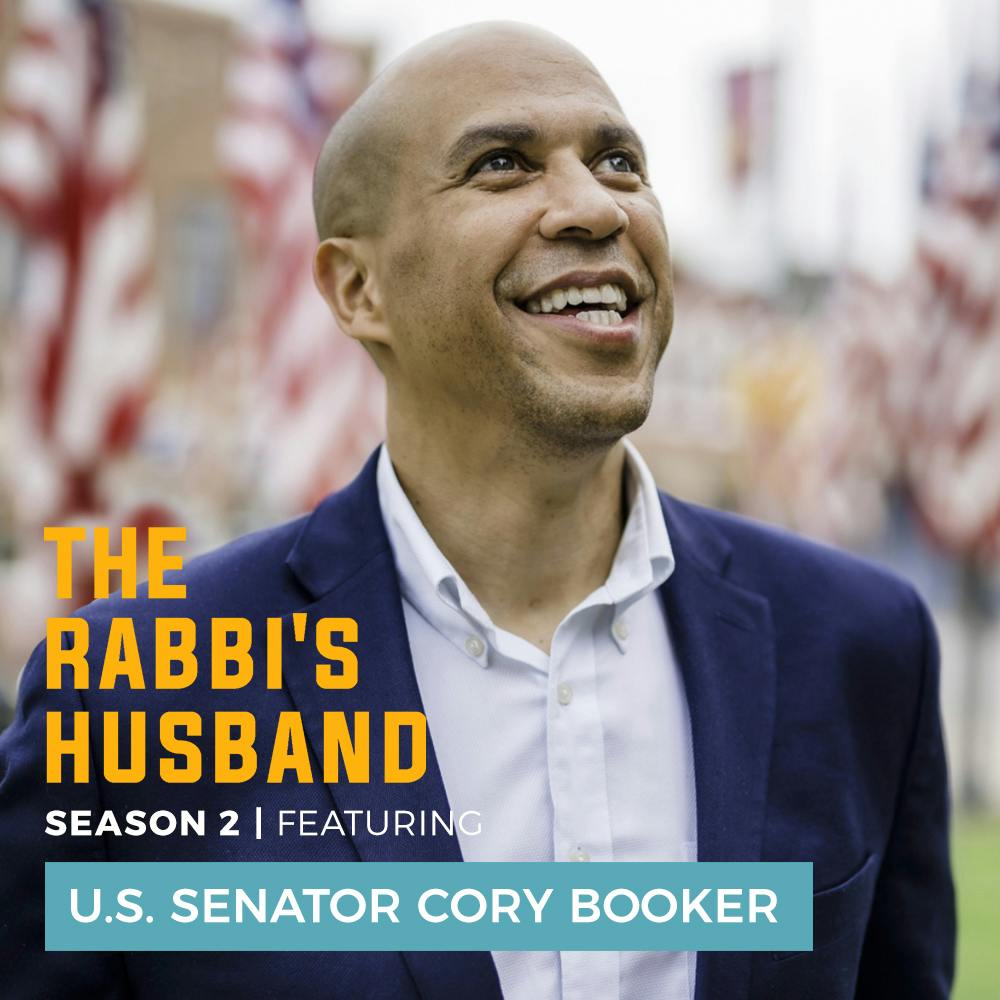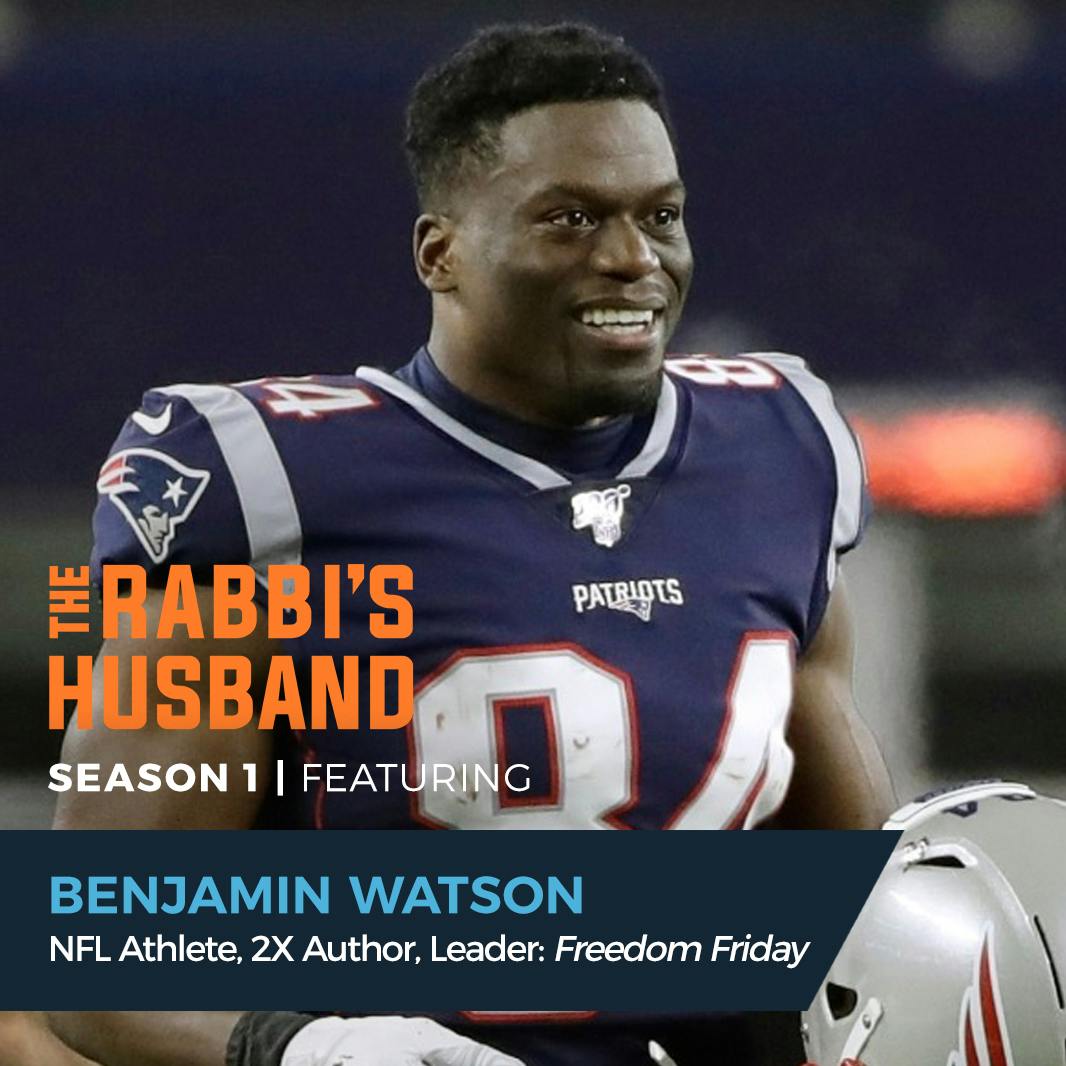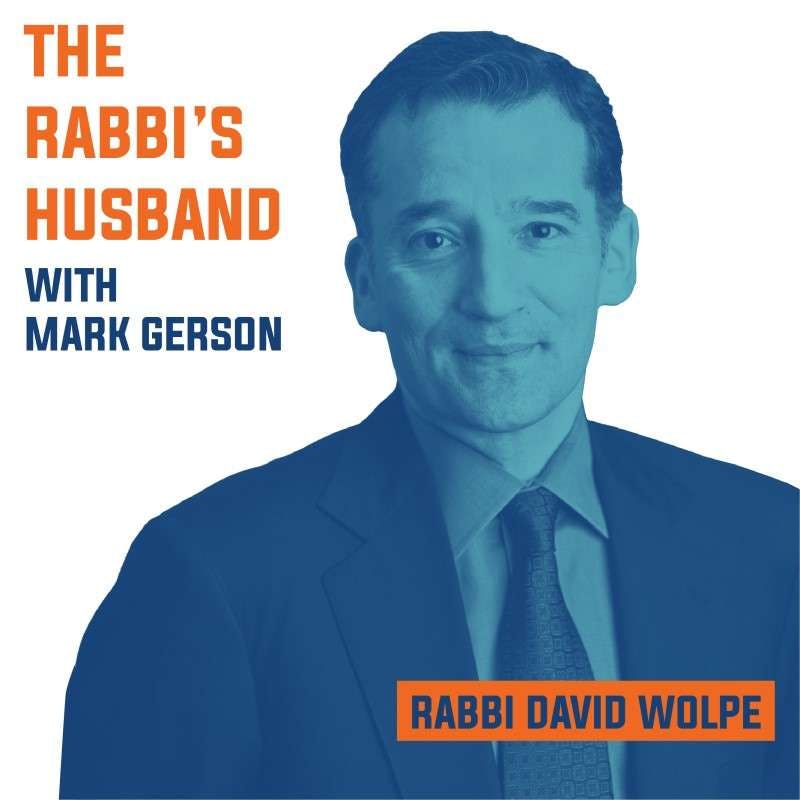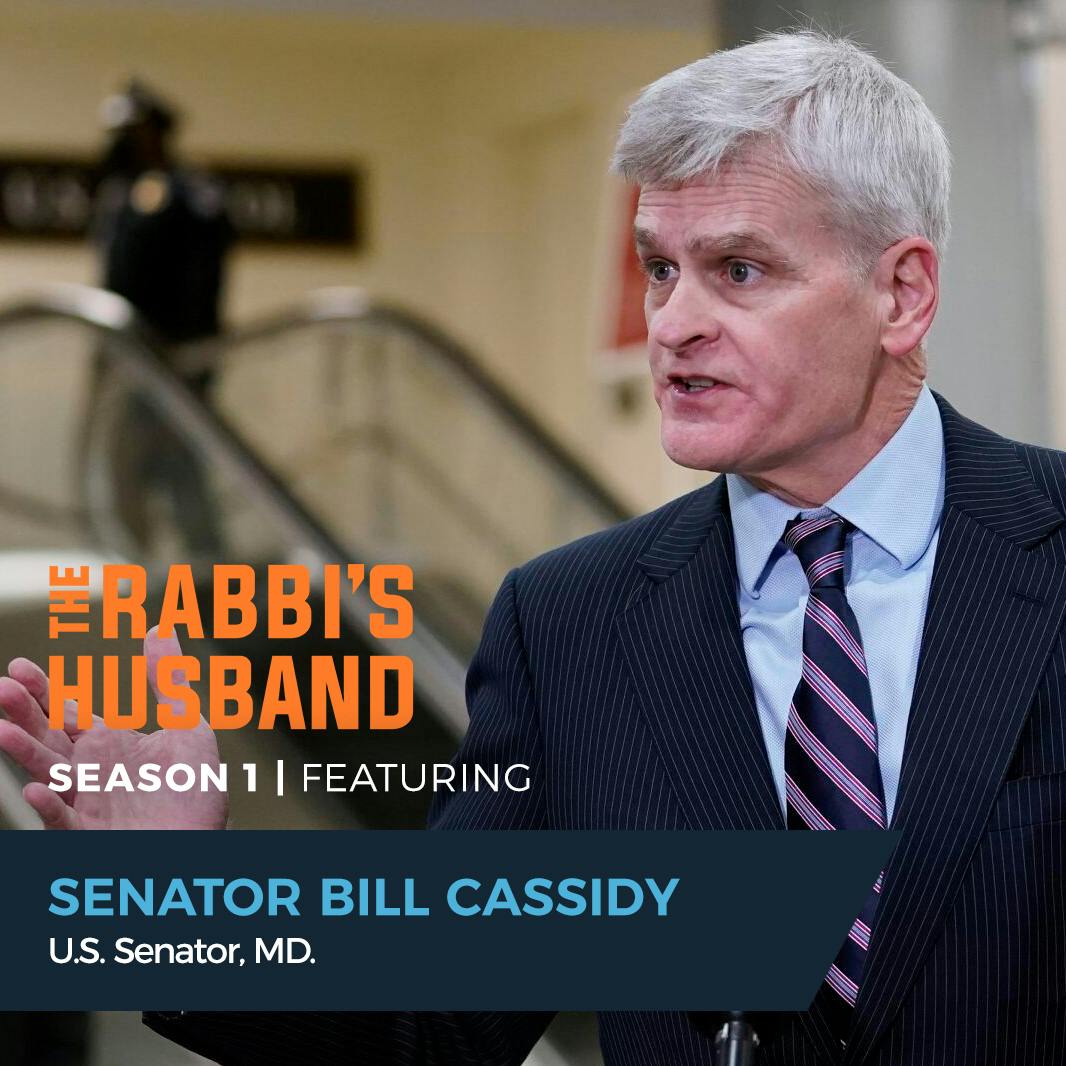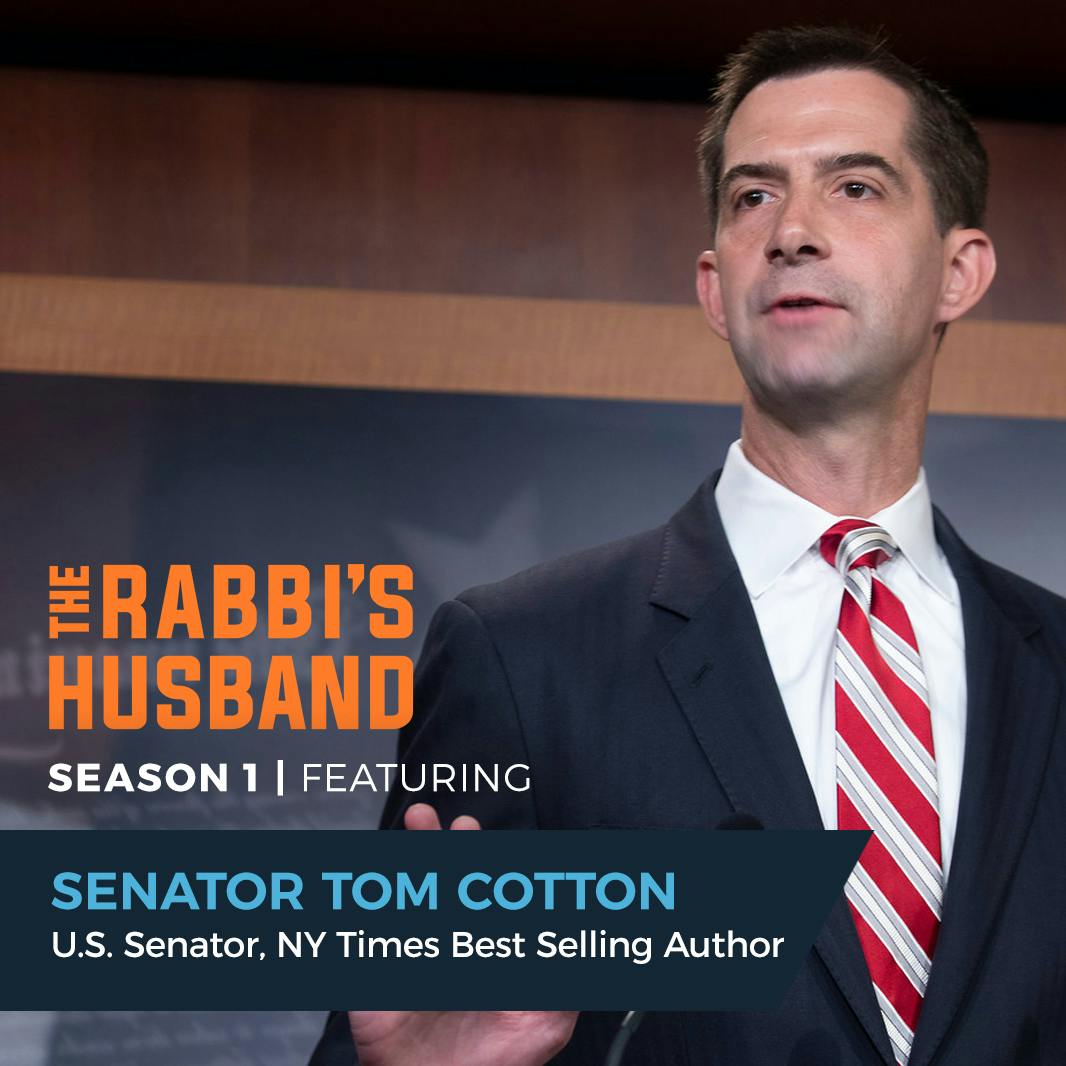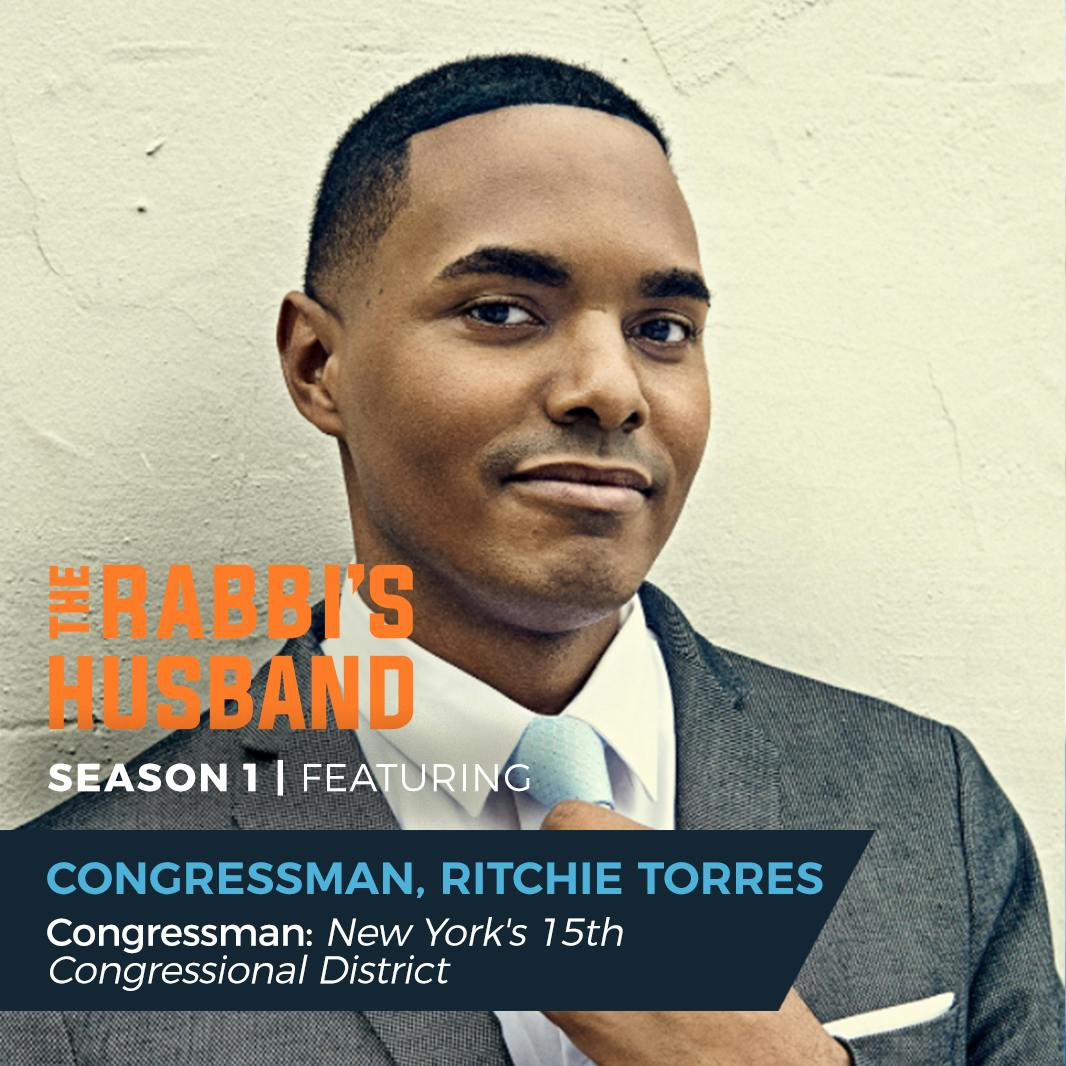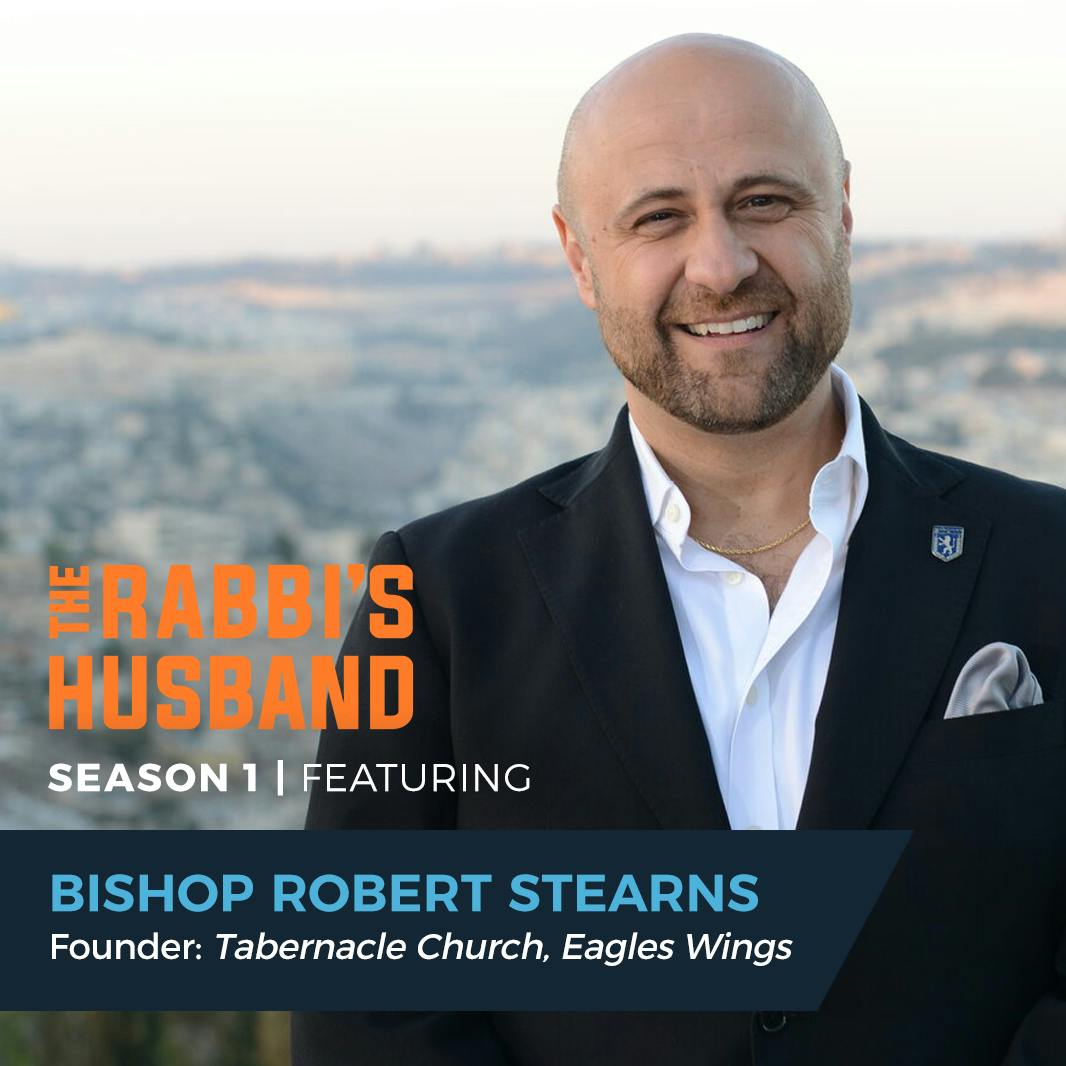Dr. Yehuda Kurtzer on Jonah 4 – “An Education in Universalism”
Dr. Yehuda Kurtzer, President of the Shalom Hartman Institute of North America, is Mark’s very special guest on the podcast this week. Yehuda is a leading thinker and author on the meaning of Israel to American Jews, on Jewish history and Jewish memory, and on questions of leadership and change in American Jewish life. He has also served as faculty member at Brandeis University, where he held the inaugural Chair in Jewish Communal Innovation. The chapter he has chosen to discuss with Mark is Jonah 4. Yehuda begins by summarizing the first three chapters of Jonah in order to set the scene for today’s passage where he and Mark share a variety of interpretations and readings of the text surrounding Jonah’s actions, attitude, and interaction with God. Essentially demonstrating that Jonah is more concerned with his own role rather than God’s bigger plan for humanity, which he seems unwilling and unable to fathom, Mark and Yehuda come to the agreement that God loves a good argument, something Jonah fails to provide, choosing rather to simply ‘check out’. Yehuda finishes by sharing the lessons he learned about humankind, and they lead to a further discussion about the split in voting habits among the Jewish people and how that relates to the whole point of a book such as Jonah’s. Today’s discussion is one in which both parties enlighten the other with variations on themes and readings, bringing the very essence of the Torah to life through questioning and challenging, precisely, as Yehuda states, ‘…what studying the Torah is supposed to get us to do’.
Quotes: “Word for word, the greatest book ever written, I believe, is the book of Jonah.” “I think it’s prophetic sabotage.” “He’s not the Genesis 18 Abraham.” “The whole thing is a satire of the prophets and the works of the prophets.” “Jonah is a narcissist.” “Prophets are social outcasts.” “People who are truth tellers are oftentimes insufferable.” “In some deep sense, sitting in the vulnerability of nature and observing the world is the normal condition in which we see how the world unfolds.” “God may have a larger business plan than can be adjudicated morally by, like, what happens to you at any given moment.” “He is way too focused on his own piece of the story than he is about his job in the world which is to understand that God’s plan is more transcendent than he’s capable of seeing.” “Picking and choosing – I need God to operate a particular way.” “You can comply or you can argue, but you can’t run away.” “I come away just haunted by the rhetorical question at the end and challenged by it, and I think that’s what studying the Torah is supposed to get us to do.” “More people are carrying around more stuff in baggage than we think about them.” “Things seem harder today for many Jews than they may have earlier.” “Human beings are still searching for community, purpose, and meaning.” “I think that the profound partisanship in our Jewish community is a witness to ‘homeness’.” “We’ve become too locked into convenient and neat stories about our identity and our politics as opposed to being enthralled by the paradoxes.”
Jonah 4 - https://www.sefaria.org/Jonah.4.1-11?lang=en&with=all&lang2=en Links: The Rabbi’s Husband homepage: The Rabbi's Husband Mark’s Twitter: Mark Gerson - The Rabbi's Husband (@markgerson) The Rabbi’s Husband Newsletter contact: mailto:daniel@therabbishusband.com
For More Information About African Mission Healthcare and to Donate visit: https://africanmissionhealthcare.org/donation/gerson-ubs-matching/









